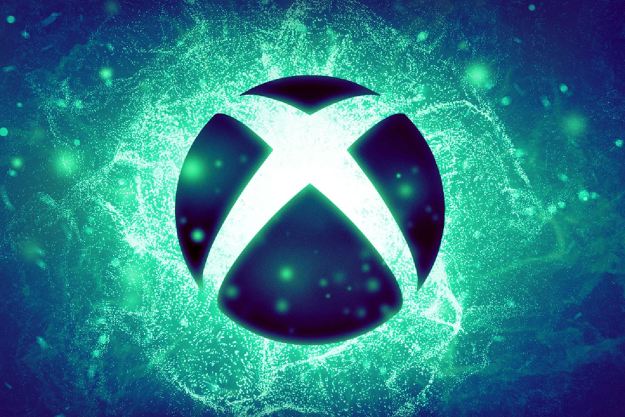
Microsoft is declaring a pre-emptive—and many would say hollow—victory in the next-generation video game console wars, announcing that the Xbox 360 is the first so-called next-generation console to have sold 10 million units in the United States. “History has shown us that the first company to reach 10 million in console sales wins the generation battle,” said Microsoft senior VP Don Mattrick. “We are uniquely positioned to set a new benchmark for the industry.”
According to Microsoft, the worldwide installed base for the Xbox 360 now totals 19 million units, and its Xbox Live online service boasts over 12 million members.
The Xbox 360 was launched in November 2005, a full year ahead of either the Sony PlayStation 3 and the Nintendo Wii, giving the console a significant head start in the marketplace. Nonetheless, Microsoft’s claims to have reached the finish line in the next-generation console race only make sense if one removes the market leader—the Nintendo Wii—from the competition. To date, the Wii has sold 8.8 million units in the United States and its sales rates show no signs of peaking: all indications are that the console will hit the 10 million sales mark soon. And the Wii has already outsold the Xbox 360 worldwide, with almost 25.5 million units already in customers’ hands. And that’s without a year’s head start to build up market momentum.
Recent sales figures also indicate it may be too soon to count Sony’s PlayStation 3 out of the picture. Although sales of the Blu-ray equipped consoles were initially hampered by high prices, lack of compelling titles, and limitations on backward compatibility, sales have recently begun to pick up, reaching a total of 12.85 million units worldwide, with Sony projecting another 10 million in sales for the current fiscal year.
Microsoft has historically tried to discount sales of the Wii by talking about “high definition” video game consoles, meaning so far as the company is concerned, it’s only competing with the PlayStation 3. Nonetheless, with a strong online component, innovative games, a low price tag, and oodles of sales, there’s little denying the Nintendo Wii is a major player in the game console market; by ignoring it, Microsoft’s self-congratulations come across as narcissistic and myopic.
Editors' Recommendations
- Best Buy Memorial Day sale: Save $50 on the Xbox Series X
- For Microsoft, indies aren’t Game Pass extras. They’re the future of Xbox
- Play these 3DS and Wii U games before Nintendo shutters their online features
- Rebuild your own nostalgia with this detailed Xbox 360 toy set
- The impending Xbox 360 Store closure makes me wary of Game Pass’ future


